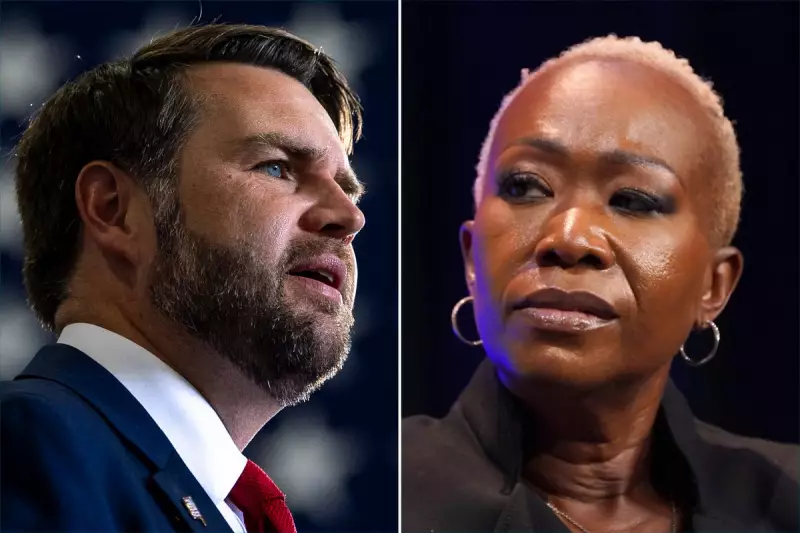
Republican Senator JD Vance has ignited a political firestorm with controversial comments suggesting Ukrainian President Volodymyr Zelensky should demonstrate more "gratitude" for American military assistance.
The Ohio senator's remarks, made during a television interview, have drawn sharp criticism from MSNBC host Joy Reid and others who accuse Vance of displaying a troubling misunderstanding of international diplomacy and the nature of US support for Ukraine.
Growing Republican Scepticism Towards Ukraine Funding
Vance's comments come amid increasing Republican resistance to continued funding for Ukraine's defence against Russian aggression. The senator argued that American taxpayers deserve more appreciation for their financial contributions to the war effort.
"There's a growing sentiment among Republican voters that we're writing blank cheques without sufficient accountability," Vance stated, reflecting the isolationist tendencies gaining traction within his party.
Joy Reid's Fierce Rebuttal
MSNBC's Joy Reid delivered a blistering response to Vance's position, accusing him of fundamentally misunderstanding the strategic importance of supporting Ukraine.
"Since when did American foreign policy become contingent on receiving thank-you notes?" Reid questioned during her broadcast. "We're not doing Ukraine a favour - we're supporting a democratic ally against authoritarian aggression, which serves our own national security interests."
The Broader Political Context
The exchange highlights the deepening political divide over US involvement in Ukraine as the conflict approaches its third year. While the Biden administration and many Democrats continue to advocate for robust support, an increasingly vocal faction of Republicans questions the financial commitment.
Vance, a close ally of former President Donald Trump, has emerged as a leading voice of scepticism toward continued Ukraine funding, positioning himself at the forefront of the party's nationalist wing.
The controversy underscores the challenging political landscape facing future aid packages for Ukraine, with congressional approval becoming increasingly contentious as the 2024 election cycle approaches.






